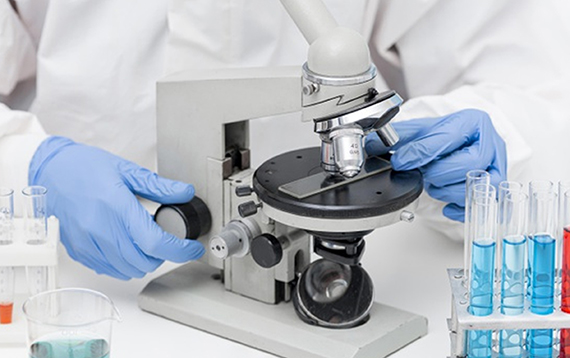Diabetes is a chronic condition in which your body fails to produce enough insulin or utilize it properly. Different factors cause different types of diabetes; however, all types are characterized by excess glucose in the bloodstream.
The diagnosis is performed through the lab test, and the diabetes treatment is done through medications or insulin. Moreover, diabetes can be balanced with a healthy lifestyle to some extent. Poorly controlled diabetes gives rise to severe consequences that pose various functioning challenges to your heart, kidneys, eyes, and nerves. In this article, you’ll know about the types, diagnosis, and treatment of diabetes.
Types of Diabetes
Diabetes is diagnosed in two forms. The categories are as follows:
- Type 1 diabetes
This type of diabetes is an autoimmune condition wherein your immune system invades and inadvertently ruins the beta cells in your pancreas, which are responsible for producing insulin. The damage caused to the cells is permanent. However, the reason is not apparent as they may be genetic and external factors.
- Cause of Type 1 diabetes
The cause behind this type of diabetes may not be specific. The immune system, known to fight against the invasion of bacteria and viruses, attacks the insulin-producing cells, causing insulin deficiency. This increases the glucose level in the blood, creating various health hazards.
- Type 2 Diabetes
With type 2 diabetes, your body becomes insulin resistant. In this condition, your body doesn’t use insulin efficiently. The pancreas in your body produces more insulin, decreasing later and promoting high blood sugar levels. Though the exact cause of type 2 diabetes is not defined, genetics, sedentary lifestyle, and obesity can be the contributing factors to this diabetes.
Causes of Type 2 Diabetes
When your body doesn’t accept the action of insulin, glucose doesn’t reach the cells to break into energy and dissolves in the bloodstream. Type 2 diabetes is more common than other types of diabetes and linked to being overweight.
Diagnosis of Diabetes
Diabetes is diagnosed by performing certain types of tests as listed below:-
Glycated Haemolglobin (HbA1C) Test
This test can be performed after the meal and doesn’t require fasting. It is an indicator of the percentage of blood sugar in haemoglobin.
The higher your blood sugar levels, the higher will be the haemoglobin with infused sugar. If the A1C test level increases 6.5% or more on two different tests, it confirms that you are diagnosed with diabetes. However, if you observe this range below 5.7%, it is considered a normal condition.
If certain conditions like pregnancy or having an uncommon heamoglobin form make the test inaccurate, then the following tests are performed:
Random Blood Sugar Test
In this test, a blood sample is taken randomly, irrespective of your last eating time. If the test concludes with a blood sugar level of 200 mg/dL or higher, it signals diabetes.
Fasting Blood Sugar Test
The fasting blood sugar test includes the sample testing of the blood while your stomach is empty. A glucose level less than 100 mg/dL is considered normal.
An indication from 100-125 mg/dL signifies prediabetes, while if it exceeds this limit, you may have diabetes.
Oral Glucose Tolerance Test
This test is slightly different from the rest of the tests. To perform this test, the blood sugar level is measured after fasting overnight. You must consume sugary liquid, and the tests are performed periodically for the next two hours.
In this category, a blood sugar level less than 140 mg/dL is considered normal; if it reads more than 200 mg/dL after two hours of consuming the liquid, it may be a clear indication of diabetes.
When you are suspected of type 1 diabetes, a urine test is performed to check for the presence of the byproduct produced when muscles and fat take up the energy as your body runs short on insulin to use glucose.
Treatment of Diabetes
Depending on the type of diabetes and your controlled blood sugar level, the treatment is defined for your health conditions. Here is the overview of treatment for the type of diabetes:
- Type 1 Diabetes
In this type of diabetes, the patient is given a dose of insulin daily as the pancreas stops insulin production.
- Type 2 Diabetes
Being a common type, this can be treated with certain medications. This may be effective for diabetes and the conditions that may be risk factors for diabetes. Insulin, lifestyle changes, and shifting to a balanced diet with more physical activity can help manage diabetes.
Summing Up
Diabetes has become a common concern in India. Many factors disturb the blood sugar level in the body, leading to diabetes. Depending on your age and the type of diabetes, the health professionals provide you with the proper medication. To get your blood’s accurate lab test results, reach out to Lupin Diagnostics. Offering you all the necessities for specialized tests, they ensure to keep your health on track. Stop googling the diagnostic centre near me and get straight to Lupin Diagnostics.

